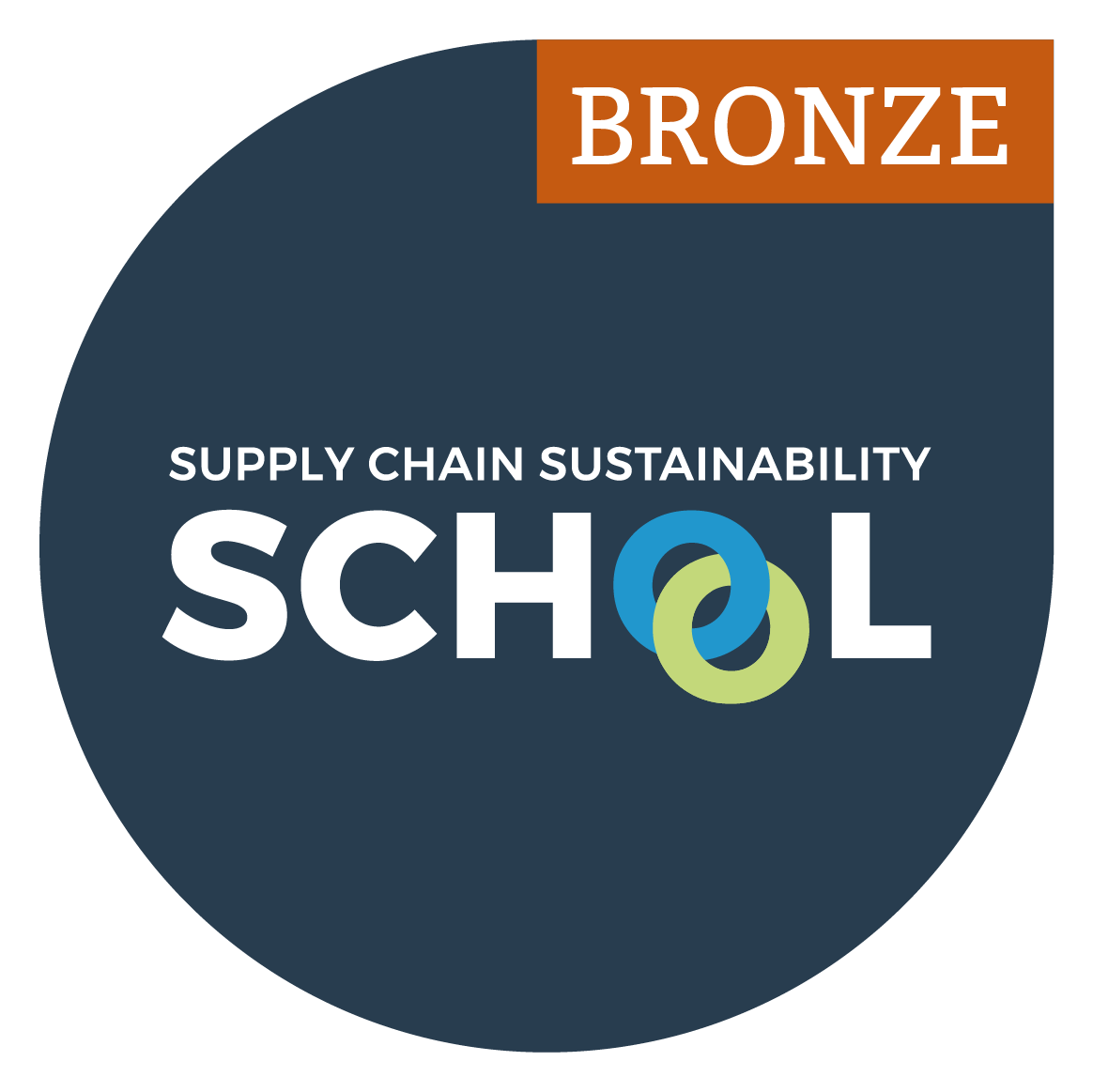Legal Status
Dublin Port Company is a Designated Activity Company limited by shares, established under the Harbours Act, 1996 and incorporated in Ireland. The beneficial ownership of the issued share capital of the Company is the Minister for Transport.
Corporate Governance
Dublin Port Company is committed to maintaining high standards of corporate governance and has adopted the principles of corporate governance and the Code of Practice for the Governance of State Bodies, issued by the Department of Public Expenditure and Reform. gov – Governance (www.gov.ie). The Company also complies with its obligations under the Ethics in Public Office Act, 1995 and the Standards in Public Office Act, 2001.
Board of Directors
The majority of Directors are non-executive and are appointed by the Minister. The Board meets formally on a monthly basis and has a formal schedule of matters specifically reserved to it for decision.
Board Committees
Audit and Risk Committee
The Audit and Risk Committee was established in 1997 under formal terms of reference which set out the purpose, authority and membership of the Committee and its responsibilities in the areas of external financial reporting, external audit, corporate governance, and internal audit. The members of the committee are;
Denise Cronin (Chairperson)
Michael Brophy
Jerry Grant
Infrastructure Committee
The Board established an Infrastructure Committee in March 2021 to assist the Board in determining the general policy and strategy in relation to the development of Port Infrastructure. The member of the committee are;
Michael Hand (Chairperson)
Jerry Grant
Berna Grist
Remuneration Committee
The Remuneration Committee was established in 1999 under formal terms of reference. The members of the committee are;
Jerry Grant (Chairperson)
Michael Brophy
Berna Grist
Executive Management Team
Barry O’Connell (Chief Executive)
Clare Anderson (Engineering Projects Director)
John Fairley (Head of Land Operations)
Lar Joye (Port Heritage Director)
Cormac Kennedy (Head of Commercial)
Seán Loughman (Chief Technology Officer)
Capt. Michael McKenna (Harbour Master)
Eamonn O’Leary (Chief Financial Officer)
Claire Percy (Head of External Affairs)
Ken Rooney (Head of Engineering & Sustainability)
Codes of Conduct
Our Codes of Conduct set out the principles to guide employees and Directors in the performance of their duties in order to operate to high standards of fairness, transparency and honesty.
Regulations
In March 1997, pursuant to the Harbours Act, 1996 Dublin Port Company became the successor entity to Dublin Port & Docks Board, the former statutory entity with responsibility for the Port of Dublin.
Code of Ethics (Procurement & Asset Disposal)
Download DocumentDublin Port Company Bye-Laws (Pilotage Excepted) 2002
Download DocumentDangerous Goods Bye-Laws 2014
Download DocumentDublin port Dangerous Goods Cargo (Class 1) Bye-Laws 2015
Download DocumentDublin Port Company Petroleum Bye-Laws
Download DocumentDublin Port Regulation of Goods on Quays Bye-Laws 2006
Download DocumentDublin Port Company Pilotage Bye-Laws December 2020
Download DocumentOfficial Languages Act
Dublin Port Company are specified as a public body under the Official Languages Act 2003 (irishstatutebook.ie). The aim of the Official Languages Act is to promote the use of Irish public affairs and to ensure the use of Irish by public bodies when communication with the public and/or providing services to the public.
Our main duties under the Act are to use Irish on stationery, on signage and in recorded oral announcements, to replay in Irish to any correspondence written in Irish, and to provide any written communication that is intended to give information to the general public in both official languages.
Dublin Port Company Protected Disclosures Policy
The Protected Disclosures Act aims to protect public body employees who raise concerns of wrongdoings in the workplace. This Policy has been introduced in line with legislation under the Protected Disclosures Act 2014 and amended in accordance with the Protected Disclosures (Amendment) Act 2022.
Annual Reports
All of Dublin Port Company’s Annual Report and Financial Statements dating back to 2011 can be found here:
Parliamentary Questions
As a commercial semi-state business, Dublin Port Company is committed to transparency and will, where appropriate, publish responses to parliamentary questions from members of the Oireachtas on this page.
Responses to Parliamentary Questions 2024
Procurement
Dublin Port Company uses eTenders, the Irish Government’s electronic tendering platform when issuing contract notices and requests for tenders (where applicable).
Terms and conditions for goods or services will be negotiated on a case-by-case basis. In the absence of a formal contract, the following supplier terms and conditions apply.
2019.10.01-DPC-TERMS-CONDITIONS-FOR-GOODS-and-SERVICES-2019-1.pdf (dublinport.ie)
Download DocumentPrompt Payment of Accounts
It is Dublin Port Company policy to pay suppliers in accordance with the terms of the European Communities (Late payment in Commercial Transactions) Regulations, 2002 and the Prompt Payments of Accounts Act, 1997. The standard credit period is 30 days unless otherwise specified in contractual arrangements.
Memberships and certifications



















